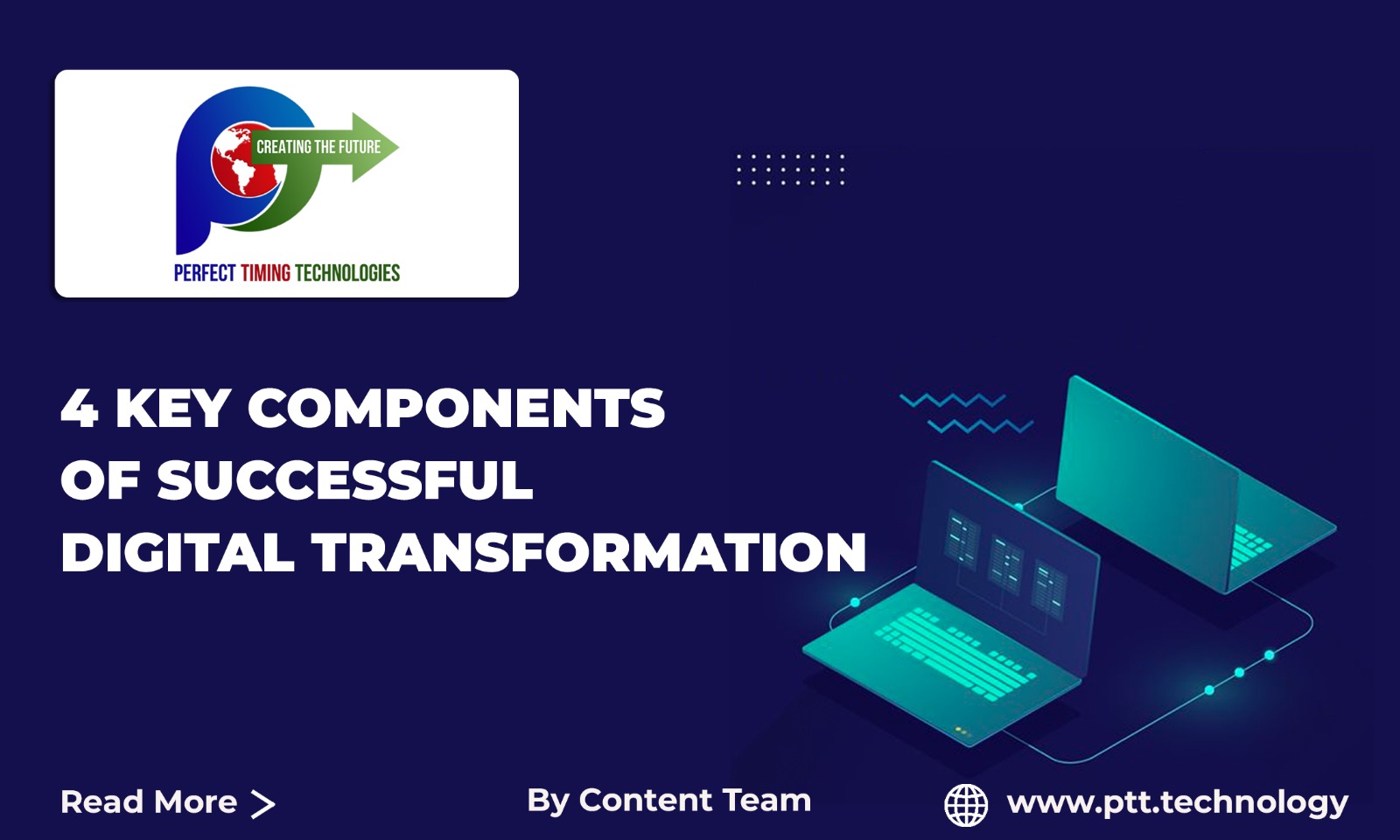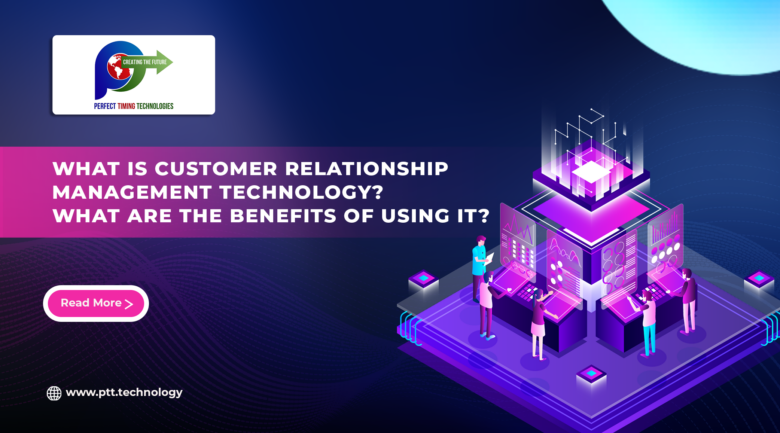
Even after years of adoption by the business industry, digital transformation is evolving. Digital transformation is a diverse field with so many different aspects to focus upon.
Successful digital transformation refers to the process by which an organization leverages technology to upgrade its operations, deliver value to customers, and achieve its business objectives. It involves rethinking existing business processes, structures, and strategies to integrate digital technologies into all aspects of the organization, including its operations, customer interactions, and decision-making processes.
Digital transformation is essential as it enables an organization to streamline its processes, improve its efficiency and productivity, enhance its customer experience, and gain a competitive advantage in the marketplace. However, successfully implementing digital transformation requires a clear understanding of the organizational goals, challenges, and a well-defined strategy to integrate new technology into its operations. Moreover, it requires a commitment from leadership to drive change and a culture that embraces innovation and continuous improvement.
4 Key Components of Digital Transformation
Every organization’s digital transformation needs and demands are entirely unique. So being clear about the differing demands helps in better implementation of digital transformation strategy.
Here are the 4 major components of a successful digital transformation strategy-
- IT Upgradation: IT upgradation plays a crucial role in digital transformation. Digital transformation refers to using digital technologies to transform their businesses operation and deliver value to customers. To achieve this transformation companies must embrace new digital technologies and systems, which often require upgrading their IT infrastructure.
IT upgradation can involve various aspects such as hardware, software, networks, and security. For example, companies may need to upgrade their hardware to support new software applications or implement cloud computing solutions to improve scalability and flexibility. They may also need to upgrade their networks to support new devices and accommodate higher data traffic.
Security is another critical aspect of IT upgradation in digital transformation. With the increasing use of digital technologies, companies must ensure their systems are secure and protected from cyber threats. They may need to implement new security protocols, such as multi-factor authentication, encryption, and intrusion detection systems.
- Digitizing Operations: Digitizing business operations is a critical component of digital transformation for organizations. By digitizing business operations, organizations can leverage digital technologies to streamline processes, improve efficiency, and enhance the customer experience.
Digitizing daily operations automates repetitive and time-consuming tasks, reducing the risk of errors and freeing up employees to focus on higher-value tasks. Automating business operations enables better collaboration among employees and departments. By providing access to real-time data, digital tools can help employees work together more effectively, improving communication and coordination across the organization.
By providing customers with easily accessible information and services, organizations can improve customer satisfaction and loyalty in the long run.
Digitization provides organizations with better data and analytics, enabling more informed decision-making. By collecting and analyzing data on customer behavior, market trends, and internal operations, organizations can make data-driven decisions that drive growth and profitability.
Digital tools help automate business processes and access real-time data, enabling organizations to adapt to new challenges and opportunities quickly.
- Digital Marketing: Digital marketing is a key component of digital transformation as it allows organizations to leverage digital technologies to reach and engage with customers in new and innovative ways. It enables organizations to reach specific target audiences with customized messages based on demographic, behavioral, and other data. It increases the effectiveness of their marketing campaigns and improves ROI.
Digital marketing helps organizations to optimize their marketing campaigns, develop new products and services, and make data-driven business decisions. It allows organizations to create personalized, engaging customer experiences across multiple channels, including social media, email, and mobile apps.
With the help of digital marketing, organizations can quickly test and iterate on new ideas, products, and services based on real-time data and customer feedback.
Digital marketing is a powerful tool for digital transformation, enabling organizations to reach and engage with customers in new and innovative ways, gain data-driven insights, improve the customer experience, drive agility and innovation, and achieve cost efficiencies.
- New Business Models and Products: New business models are crucial to digital transformation because they enable companies to create value and gain a competitive advantage. With the emergence of new technologies such as artificial intelligence, the Internet of Things, and blockchain, businesses must adapt to new market conditions and customer expectations to stay relevant.
Companies must rethink their business models and adopt innovative strategies that leverage the power of technology to create new revenue streams and improve their operational efficiency. By embracing digital technologies, companies can unlock new growth opportunities, improve customer engagement, and reduce costs.
Companies can use digital platforms to enable new collaborations and knowledge sharing across teams and departments, increasing productivity and innovation.
New business models are critical to the success of digital transformation initiatives, as they enable organizations to create sustainable value for their customers and stakeholders.
Conclusion
By leveraging digital technologies to streamline processes, improve efficiency, enhance collaboration, and deliver a better customer experience, organizations can transform their operations and drive growth and profitability in the digital age.







